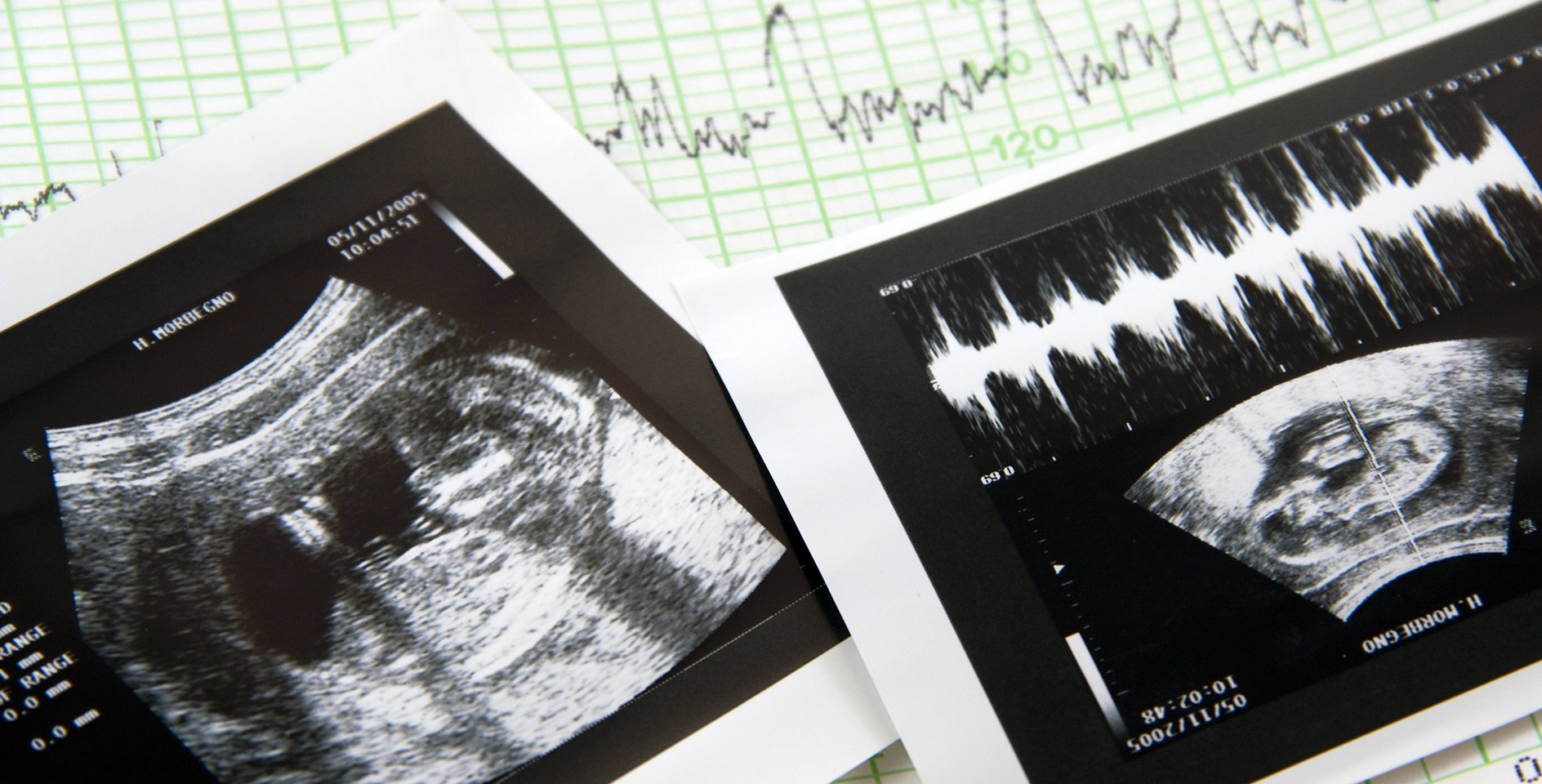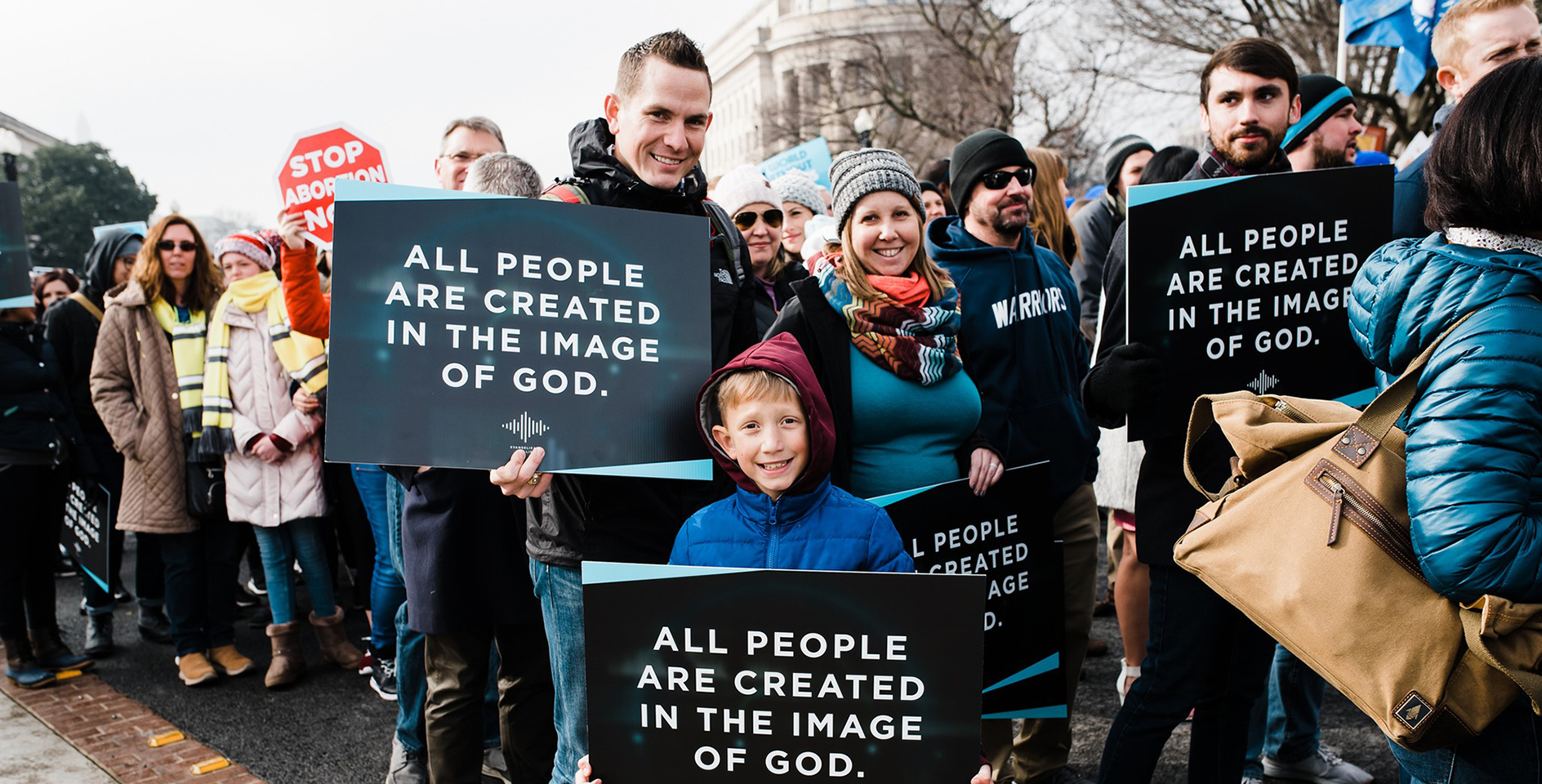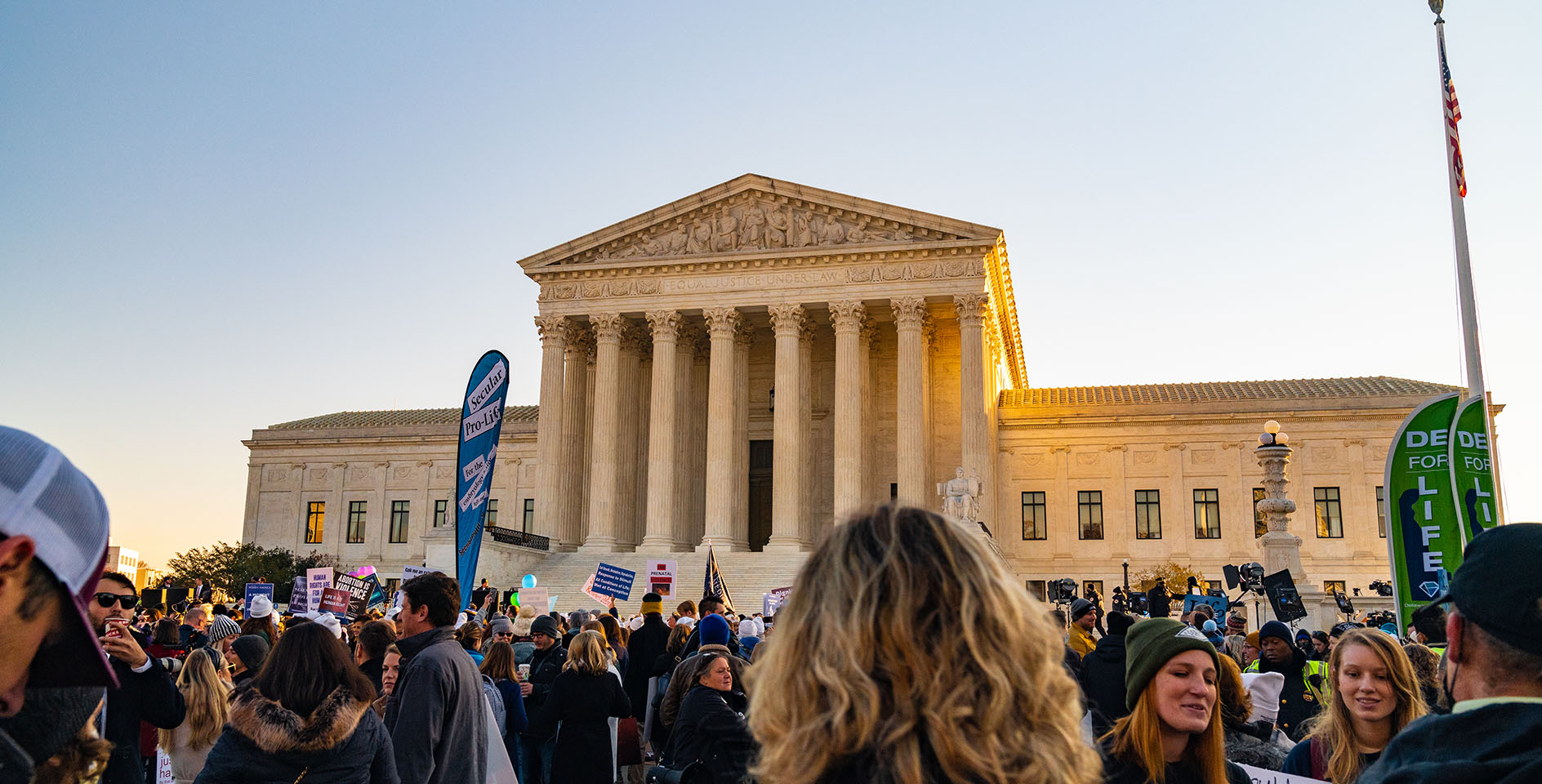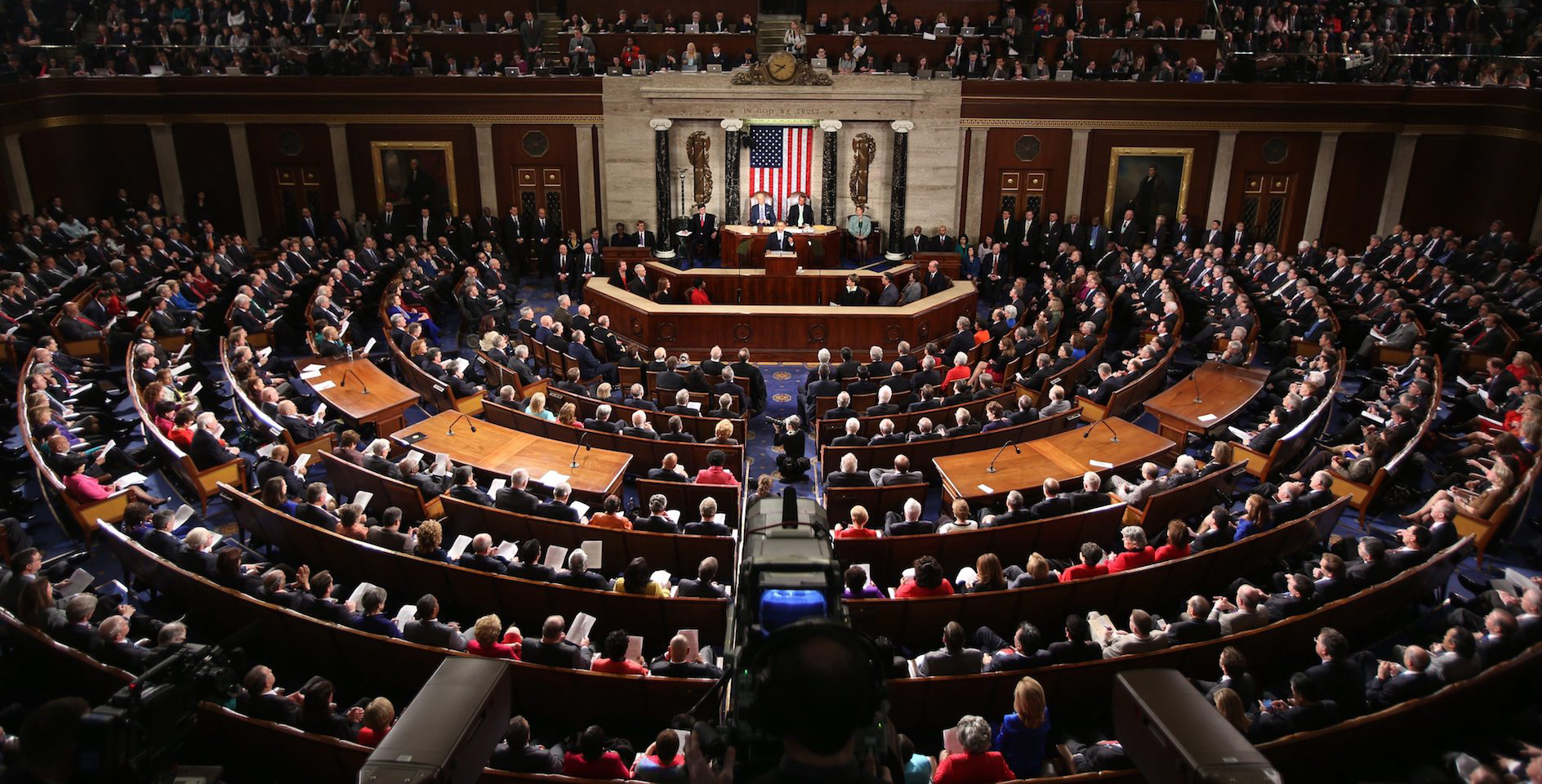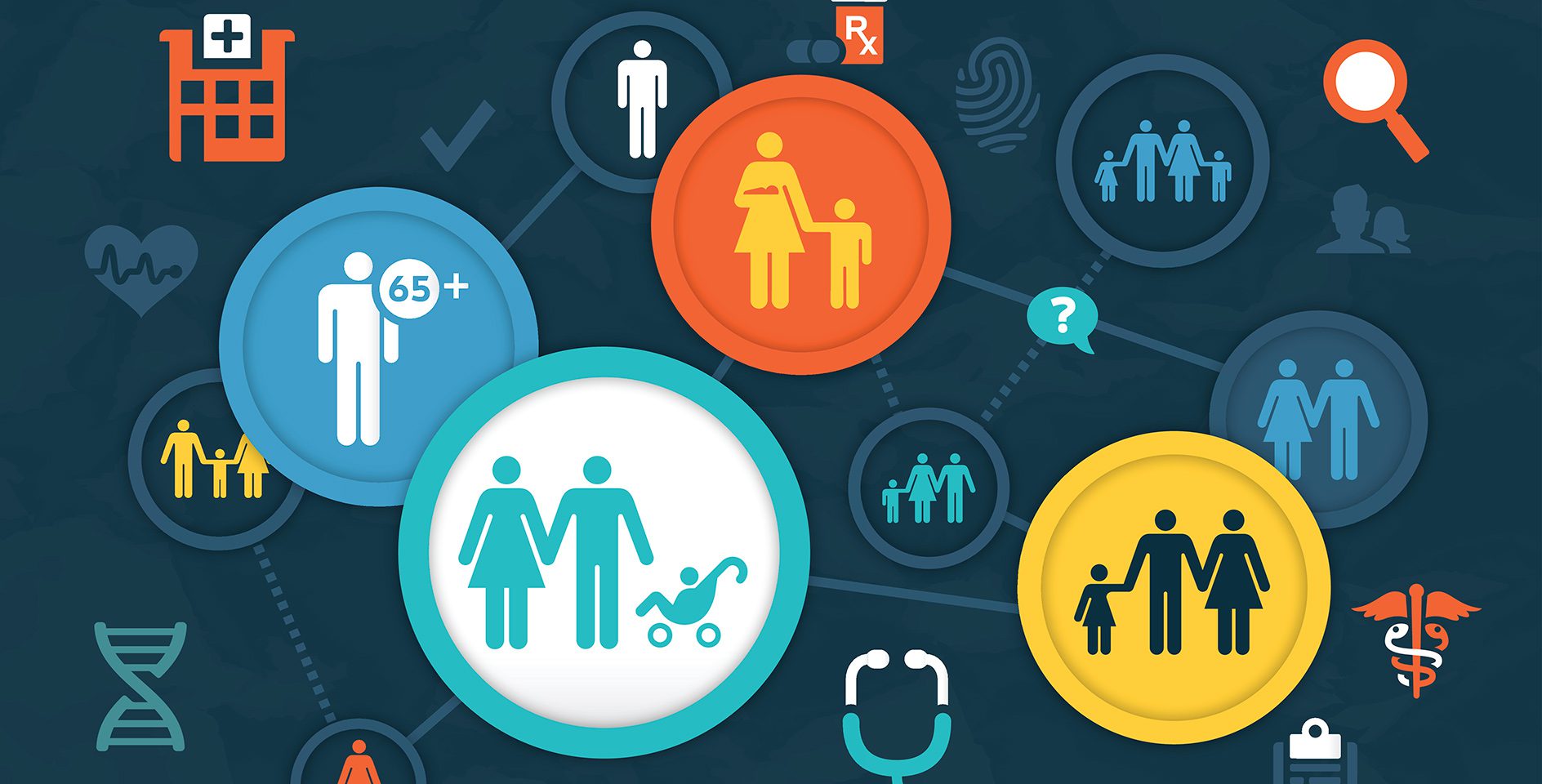Over the past two weeks there have been several pro-life related government actions in Arizona, Indiana, Missouri, and Vermont. Here is a round-up of the latest news:
Vermont hospital accused of forcing nurse to participate in abortion
The Health and Human Services Department (HHS) sent a notice to the University of Vermont Medical Center claiming the hospital violated the civil rights law by requiring a nurse to assist with an abortion against her wishes. According to Roger Severino, the director of the HHS’s civil rights office, the nurse feared losing her job and felt coerced to participate in an elective abortion.
The HHS says the hospital violated the 1970s federal law known as the Church amendments, which includes a requirement that employees of health-care facilities that accept federal money not be compelled to participate in abortions if the procedure conflicts with their beliefs. The notice gives the medical center 30 days to begin bringing its personnel rules into compliance with federal requirements about employees’ participation in procedures to which they have conscience or religious objections, says the Washington Post.
Federal judge blocks Missouri’s 8-week abortion ban
In May, Missouri passed a law that that bans abortions on or beyond the eighth week of pregnancy without exceptions for cases of rape or incest, making it among the most restrictive abortion policies in the nation. But on Tuesday, U.S. District Judge Howard Sachs issued a temporary injunction while the law is being challenged in federal court. Judge Sachs said the law is likely unconstitutional and that Planned Parenthood and the American Civil Liberties Union of Missouri will likely succeed in their lawsuit to block it.
Missouri currently only has one clinic, located in St. Louis, that performs abortions. The law would have blocked about half of abortions performed there, said the judge.
According to the Associated Press, Judge Sachs did allow one portion of the policy to take effect: a ban on abortions based solely on race, sex, or a diagnosis indicating the potential for Down syndrome. He wrote that abortions based on Down syndrome would be “somewhat rare, given the window of time needed for adequate testing and consultation.”
Missouri Attorney General Eric Schmitt, whose office is responsible for defending the law in court, praised the decision to allow the prohibition against abortions based on Down syndrome. “As the father of a child with special needs, Attorney General Schmitt is particularly sensitive to suggestions that an unborn child who will have special needs is any lesser of a human being, and we’re glad that provisions relating to that issue were left in place in the judge’s ruling today,” said a spokesman for Schmitt.
Planned Parenthood whistleblower wins $3 million for wrongful termination
An Arizona jury awarded a former Planned Parenthood employee $3 million after she claimed she was wrongfully terminated for alerting her supervisors to unsafe medical practices at one of their clinics.
Mayra Rodriguez was working as an administer for several Arizona clinics when she made several complaints against doctors and questioned business practices, the Arizona Republic reported. According to court records, Rodriguez was concerned about the “substantial health, welfare, and safety risks to these patients, as well as the substantial risk to the health, safety, and welfare of the inevitable future of [Planned Parenthood Arizona] patients." One incident included a failure to report that a minor with an adult partner was seeking an abortion.
After being fired, Rodriguez contacted Abby Johnson, who runs And Then There Were None, which helps abortion workers who want to leave the industry. Johnson told World magazine that Rodriquez wants to “focus on the fact that Planned Parenthood has been harming women and that what they talk about in the media is the complete opposite of what they do in their clinics.”
The jury unanimously awarded her the $3 million without ever asking for a specific dollar amount.
Appeals court upholds injunction on Indiana abortion law
According to the Associated Press, Indiana generally bars abortions for minors living at home without their parents’ consent. But a girl can seek an exception if a court deems her mature enough or finds an abortion is in her best interest. In 2017, Indiana passed a law that made it more difficult for the courts to allow minor girls to get an abortion without their parents’ knowledge.
The law was immediately challenged by Planned Parenthood, and a temporary injunction was approved by a U.S. District Court judge. On Tuesday, the 7th U.S. Court of Appeals issued a 2-1 ruling upholding the injunction. The court ruled that law is likely to be unconstitutional.



